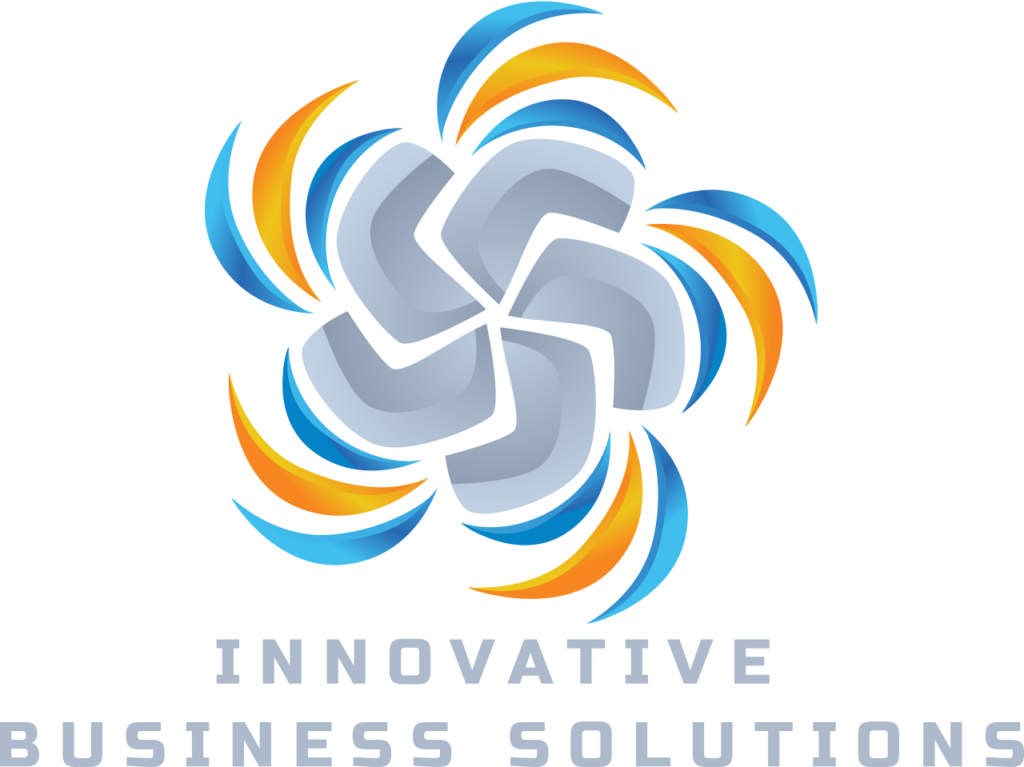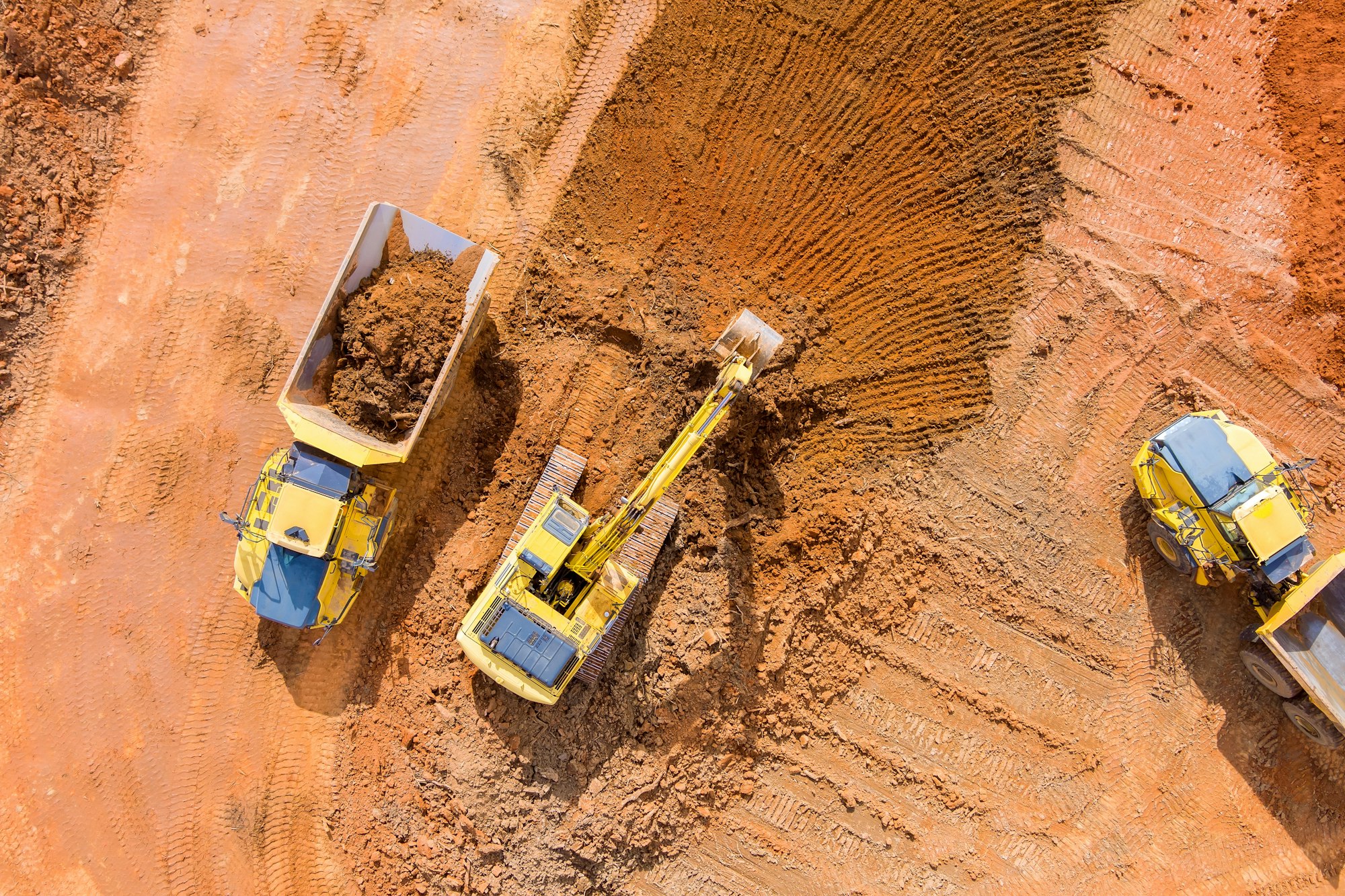The Tax Benefits of Leasing or Financing a Backhoe
When it comes to acquiring heavy equipment like backhoes for your business, you’re often faced with the decision of whether to lease or finance. While both options offer their own set of advantages, one aspect that’s worth considering is the potential tax benefits. Understanding how leasing and financing can impact your tax liabilities can play a significant role in your decision-making process. In this blog, we’ll delve into the tax benefits associated with leasing and financing a backhoe, helping you make an informed choice that aligns with your business goals and financial strategy.
Tax Benefits of Leasing a Backhoe
Leasing a backhoe can offer several tax advantages, including:
- Deductible Lease Payments: Lease payments for equipment used in your business operations are typically deductible as business expenses. This means you can deduct the full amount of your lease payments from your taxable income, reducing your overall tax liability.
- Immediate Expense Deduction: Unlike purchased equipment, leased equipment may qualify for immediate expense deduction rather than capitalization. This allows you to deduct the entire lease payment in the year it’s incurred, providing an immediate tax benefit.
- No Depreciation Concerns: Since you don’t own the backhoe outright when you lease it, you’re not responsible for depreciating its value over time for tax purposes. This can simplify your tax reporting and potentially reduce administrative burdens.
Tax Benefits of Financing a Backhoe
Financing a backhoe through a loan or financing agreement also comes with its own set of tax benefits, including:
- Depreciation Deductions: When you finance a backhoe, you become the owner of the equipment, which means you can claim depreciation deductions on your tax return. Depreciation allows you to recover the cost of the equipment over its useful life, reducing your taxable income each year.
- Interest Deductions: If you finance a backhoe through a loan, the interest paid on the loan is typically tax-deductible as a business expense. This can result in significant tax savings over the life of the loan.
- Section 179 Deduction: Section 179 of the Internal Revenue Code allows businesses to deduct the full purchase price of qualifying equipment, including backhoes, in the year it’s placed in service. Financing a backhoe may enable you to take advantage of this deduction, further reducing your taxable income.
Considerations and Consultation
While both leasing and financing offer tax benefits, it’s essential to consider your specific financial situation, business needs, and long-term goals before making a decision. Additionally, tax laws and regulations can be complex and subject to change, so consulting with a tax advisor or accountant is highly recommended. A professional can help you navigate the nuances of tax deductions, eligibility criteria, and compliance requirements, ensuring you maximize your tax benefits while minimizing any potential risks or pitfalls.
When weighing the tax benefits of leasing vs. financing a backhoe, it’s clear that both options can offer valuable advantages for businesses. Whether you opt for leasing or financing depends on factors such as cash flow, ownership preferences, and overall tax strategy. By understanding the tax implications of each option and seeking expert guidance, you can make a well-informed decision that optimizes your financial position and supports the growth and success of your business.


